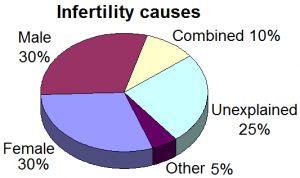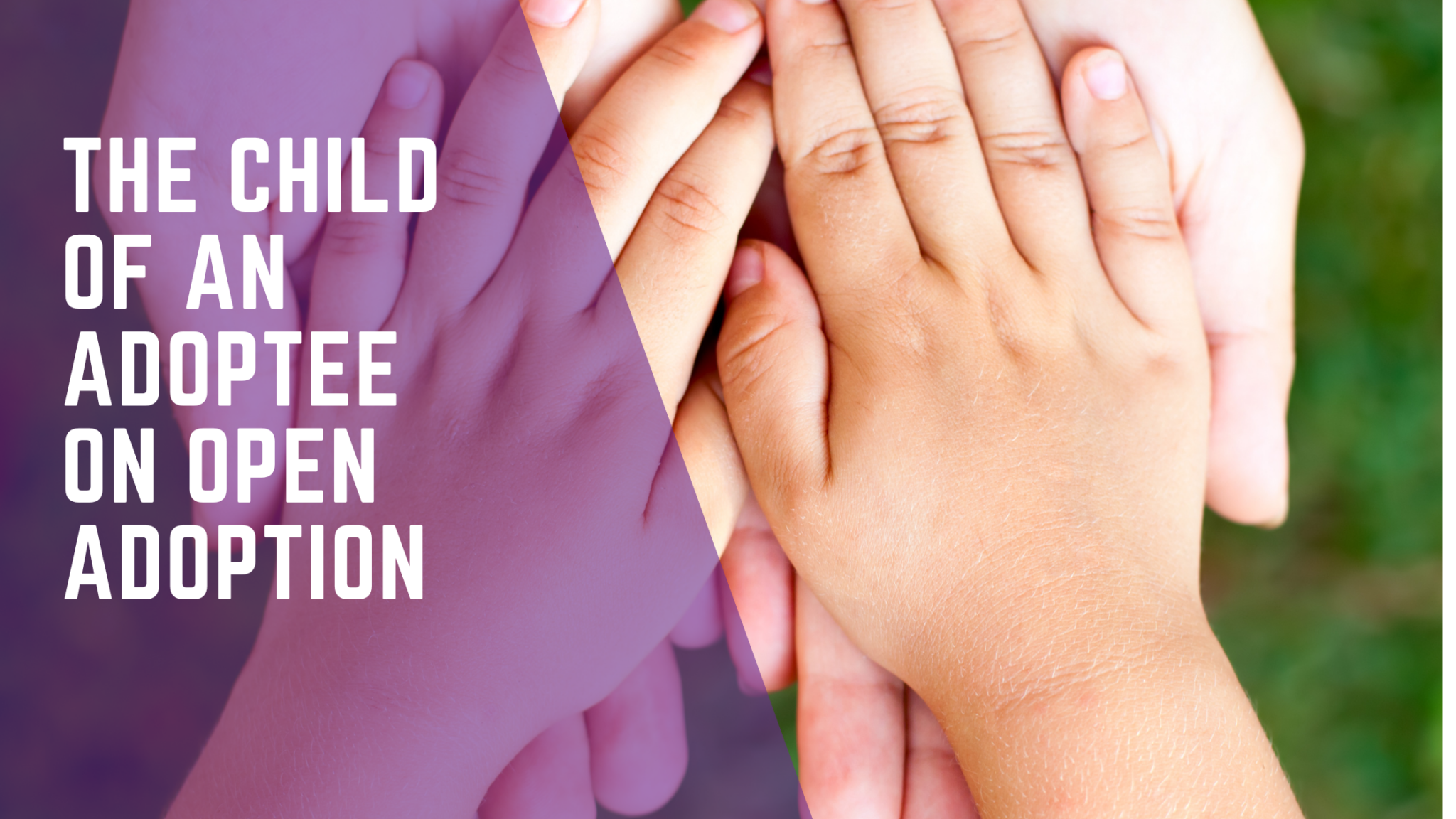Facts About Infertility
If you are facing infertility, the first thing to know is that you aren’t alone. An estimated 3-7% of the world population has “an unresolved problem of infertility” according to the British Journal of General Practice. While that may seem like a small number, it actually represents around 505 million people! Closer to home, one in eight women in America are affected by infertility.
Why Does Infertility Happen?
 Many biological factors can cause infertility, which is fundamentally the inability to conceive offspring. DNA damage, often caused by smoking or contact with radiation, is a large culprit in both male and female infertility. Medical conditions, like diabetes mellitus and various thyroid disorders, can also cause infertility. Even some environmental factors, toxins and pesticides, have been causally linked to infertility. And then there is medically inexplicable infertility. In fact, in up to 20% of infertile couples, no demonstrable cause can be found.
Many biological factors can cause infertility, which is fundamentally the inability to conceive offspring. DNA damage, often caused by smoking or contact with radiation, is a large culprit in both male and female infertility. Medical conditions, like diabetes mellitus and various thyroid disorders, can also cause infertility. Even some environmental factors, toxins and pesticides, have been causally linked to infertility. And then there is medically inexplicable infertility. In fact, in up to 20% of infertile couples, no demonstrable cause can be found.
Dealing With Infertility
Accepting Grief
Infertility is difficult. You may feel grief or sadness, and you may be overwhelmed by the situation. And all of that is okay; your reaction is perfectly normal. Many of us place a great deal of importance in the possibility of having children; some of us even derive our ultimate meaning from it. It’s only natural, in realizing that you can’t biologically conceive, to experience the loss of that possibility through many complex emotions. The best option in this situation is to face these emotions.
Respected couples counselors generally agree that accepting infertility, along with the stress and sadness that may accompany it, is the only way to overcome these emotions and find strength in yourself, strength to move on.
For an honest look at one women’s struggle to face infertility, check out this story over at Mommyish.
Find Support In Others
In dealing with infertility, you may feel the urge to keep your feelings and struggle private. And while privacy is important, and often necessary, many women and men who are open about their infertility cite that very willingness to speak as what made it possible for them to face their situation.
For some of their stories, check out this article at redbook, who also spearheaded a wonderful recent initiative to end the silence around infertility.
Look Past The Problem, To Its Solution
Rutgers University psychologist, and author of Getting Pregnant When You Thought You Couldn’t, Yakov M. Epstein found that many people facing infertility got locked into negative thought patterns. They blamed themselves for their inability to conceive; they searched their memories for mistakes they’d made. Epstein writes that “instead of berating yourself, look forward to how you and your partner are going to manage the situation.” Looking into the past for your own shortcomings isn’t the same as dealing with your emotions. It’s the latter that is so important in confronting infertility.
Don’t Fall Into the “Suffering Olympics”
Pain is pain. Just as you shouldn’t turn your anger inwards, and blame yourself, try not to project it on the world around you.
Knowledge Is Power
Whatever course of action you and your partner decide on, it’s of the utmost importance to educate yourself. In fact, you should learn everything you can before you decide. Scientific breakthroughs occur everyday, and the technology behind infertility treatments is being updated constantly.
Your Journey Has Just Begun
Whether you’re considering adoption, third-party reproduction, or any one of the many other infertility treatments that exist, it’s important to recognize that realizing that infertility isn’t the end of anything, it’s the beginning of a new chapter.




Leave A Comment